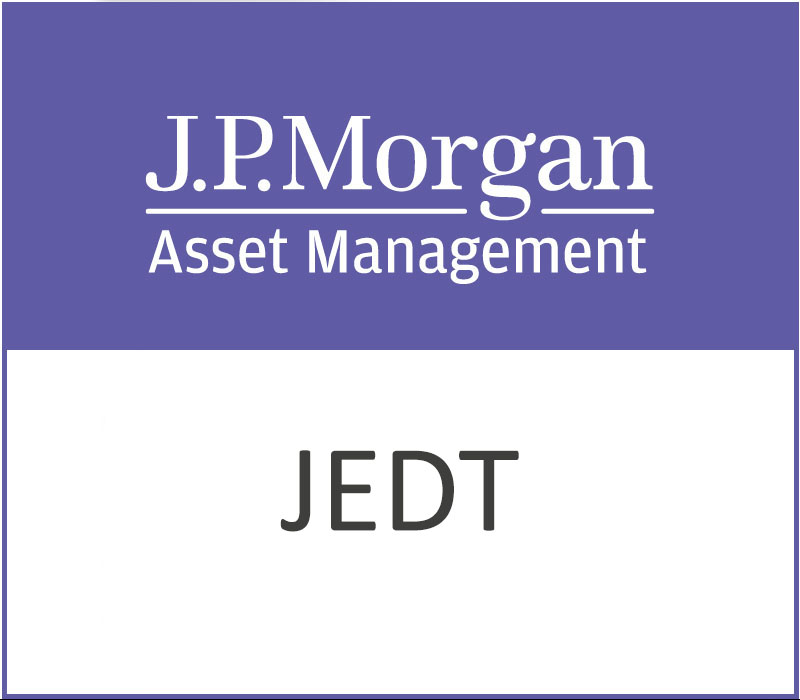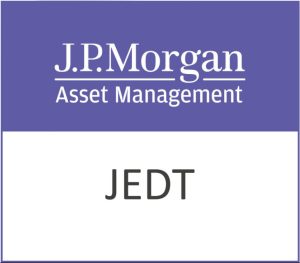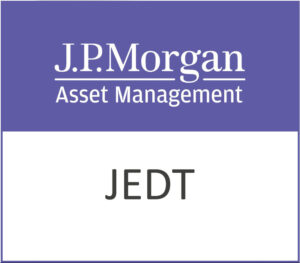Sweden stands out as one of the most favourable countries for establishing a new AI company. The country’s top tech start-ups have shown remarkable growth, with revenues soaring by 1,127%. As the global market for generative AI continues to grow, predictions suggest it could expand by 30-40% annually. Competition to attract new businesses is fierce, and while the United States is currently in the lead, several European nations have emerged as promising hotspots for AI start-ups.
Generative AI, which creates new text, video, and facilitates faster product development, has become a rapidly expanding market. By 2023, the global value of this market surpassed €130 billion. According to Stanford University’s recent AI report, private investment in AI reached €62.5 billion in the US in 2023, followed by China with €7.3 billion. Together, the EU and UK attracted €9 billion in investment. Additionally, last year saw a 40% increase in the number of AI start-ups founded globally.
Although the US leads in AI start-ups, recent rankings highlight that six European countries are among the top 14 locations to launch an AI business. Factors considered in this ranking include private investment, research and development, revenue growth, and finance for start-ups. Singapore ranks second globally, with Sweden following closely in third place, supported by its impressive revenue growth. Switzerland took fourth place, largely due to its business environment, though Germany, while strong, ranked lower in sixth due to a less favourable start-up ecosystem.
Spain also performed well, surpassing both Germany and France in the rankings due to its business environment and start-up funding. Meanwhile, France, with €9.42 billion in private AI investment, was ranked ninth. It has the largest number of newly funded AI companies in the EU, although hiring in the AI sector slowed slightly in 2023.
The potential for AI to significantly impact Europe’s economy is vast. According to McKinsey & Company, generative AI could contribute as much as €521 billion to the European economy, equivalent to 10% of Germany’s GDP. However, for Europe to remain competitive in the AI market, wider adoption of AI technologies is essential. Currently, Europe leads in only one AI-related segment—AI semiconductor equipment—while holding less than 5% market share in raw materials, semiconductor design, manufacturing, and cloud infrastructure.
To encourage investment, the European Commission launched an AI innovation package in January 2024 aimed at supporting AI start-ups and small-to-medium enterprises (SMEs). Further investment in AI applications, particularly in healthcare and defence, alongside initiatives for workforce re-skilling, are crucial. Additionally, addressing Europe’s energy costs is vital, as the rise of AI is expected to increase power demand in data centres, which could account for 5% of total electricity consumption by the end of the decade.
McKinsey’s research also indicates that generative AI could boost Europe’s annual productivity growth rate by as much as 3% by 2030, counteracting the continent’s recent slowdown in labour productivity.
AI’s potential to boost Europe’s economy is undeniable, but the continent faces challenges in adopting and leading key AI market segments. By fostering innovation, increasing investments, and ensuring competitive energy prices, Europe can position itself to harness the full potential of AI technology.
JPMorgan European Discovery Trust plc (LON:JEDT) is an investment trust company. The Investment Trust JEDT objective is to achieve capital growth from a portfolio of quoted smaller companies in Europe, excluding the United Kingdom.



